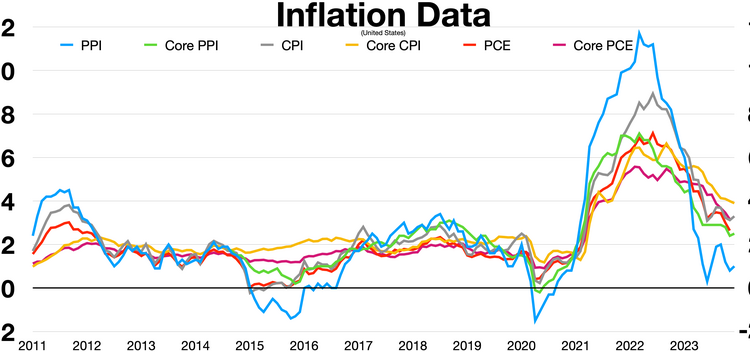How anonymous accounts dominate right-wing political discussion and profit from misinformation
- Social-media influencers are spreading false information while remaining anonymous
- Accounts that shield the identities of the people behind them dominate right-wing political discussion online
- These accounts enjoy a massive reach and financial rewards from social platforms
- The rise of pseudonymous influencers coincides with a decline in public trust in government and media
- Anonymous accounts often spread misinformation about topics like voter fraud and immigration
- Elon Musk has protected the anonymity of these accounts and rewards high engagement with financial payouts
- Tech watchdogs emphasize the need for accountability and enforcement of content policies
- Financially savvy users have turned trolling into a business, using it to gain followers and get paid
- Many Americans trust these shadowy online sources without critically thinking about their motives
- Foreign governments like China and Russia actively create social-media accounts to sow discord
Social-media influencers who remain anonymous are spreading false information and dominating right-wing political discussion online. These accounts enjoy a massive reach and financial rewards from social platforms like X, which is owned by Elon Musk. The rise of these pseudonymous influencers coincides with a decline in public trust in government and media. They often spread misinformation about topics like voter fraud and immigration, using similar content and resharing each other’s posts. Musk has protected the anonymity of these accounts and rewards high engagement with financial payouts. Tech watchdogs emphasize the need for accountability and enforcement of content policies to promote election and information integrity. Financially savvy users have turned trolling into a business, using it to gain followers and get paid. Many Americans trust these shadowy online sources without critically thinking about their motives, while foreign governments like China and Russia actively create social-media accounts to sow discord.
Factuality Level: 2
Factuality Justification: The article contains misleading information, sensationalism, and biased reporting. It includes exaggerated and dramatic language, as well as repetitive information. The article presents opinions as facts and lacks objectivity in reporting.
Noise Level: 2
Noise Justification: The article contains a lot of noise in the form of irrelevant information, exaggerated reporting, and repetitive content. It reinforces popular narratives without questioning them and lacks scientific rigor and intellectual honesty. The article dives into unrelated territories and does not provide actionable insights or solutions. Overall, the article is filled with misleading information and exaggerated reporting, hence the low noise level rating.
Financial Relevance: No
Financial Markets Impacted: No
Presence Of Extreme Event: No
Nature Of Extreme Event: No
Impact Rating Of The Extreme Event: No
Rating Justification: The news article does not pertain to financial topics and does not describe any extreme events.
Public Companies: Twitter (DJT)
Private Companies: X
Key People: Elon Musk (Owner of X, CEO of Tesla and SpaceX), Marjorie Taylor Greene (Georgia Rep.), Stephen Richer (Recorder in Maricopa County, Arizona), Jane Nelson (Secretary of State in Texas), Samuel Woolley (Director of the Propaganda Research Lab at the University of Texas at Austin), Kara Alaimo (Communications professor at Fairleigh Dickinson University), Kate Ruane (Director of the Free Expression Project at the Center for Democracy and Technology), Dale Beran (Lecturer at Morgan State University and author)
Reported publicly:
 www.marketwatch.com
www.marketwatch.com 




